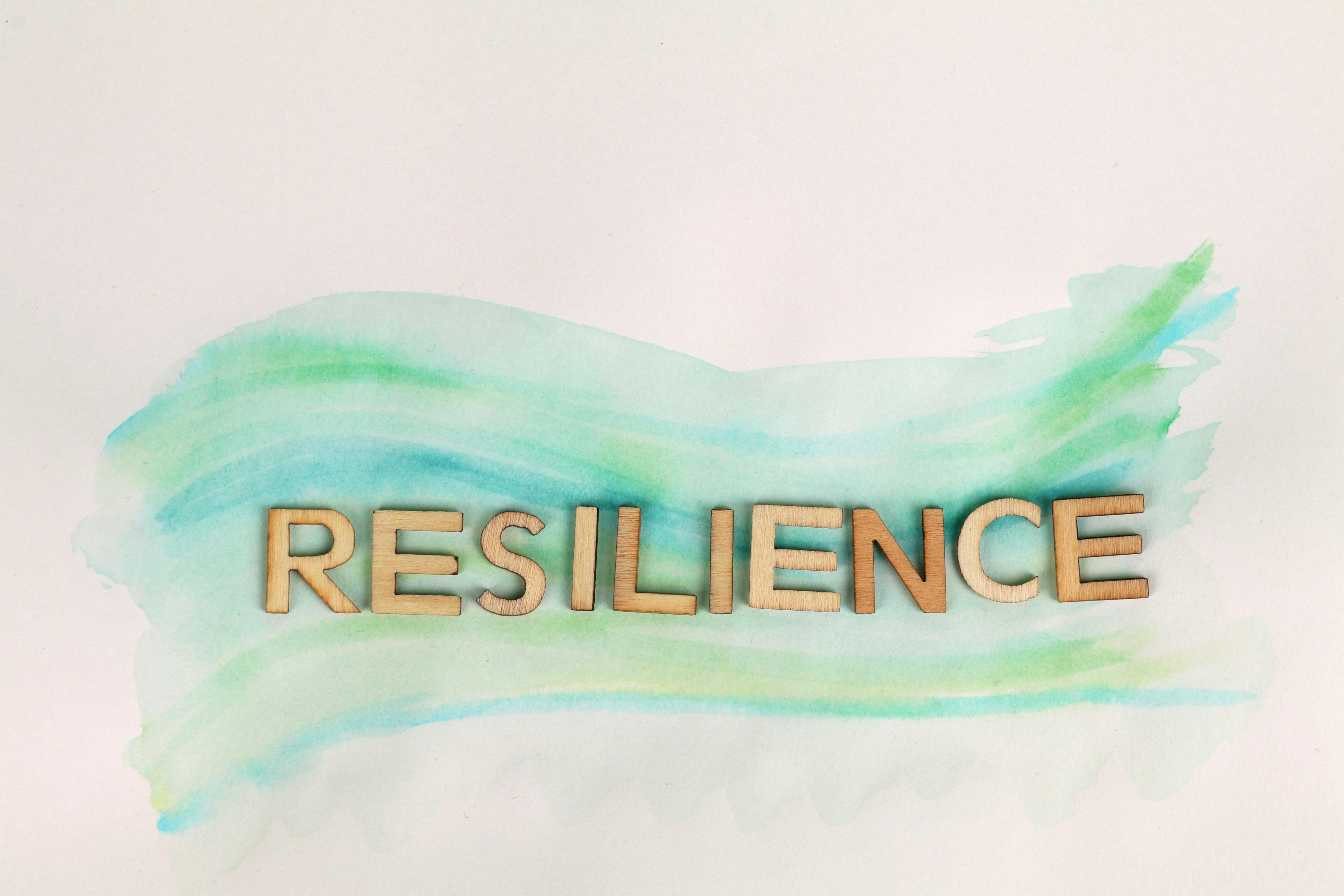
Building resilience is like fortifying the walls of a castle. Life throws us curveballs, trials, and tribulations, and how we handle them determines our future well-being. In this blog post, we’ll explore how personal growth plays a significant role in building resilience, allowing us to bounce back stronger from life’s challenges.
The Concept of Resilience
Resilience is the psychological ability to adapt to stress and adversity. It is not about avoiding difficulties, but about thriving despite them. Commonly viewed as a trait, resilience can actually be cultivated through deliberate practice and personal growth.
Embracing Change and Uncertainty
Change is the only constant, and embracing this inevitability enhances resilience. Personal growth involves learning to adapt and becoming comfortable with uncertainty. The ability to accept change as a natural part of life allows you to recover more quickly from disruptions.
Expanding Your Comfort Zone
Stepping outside of your comfort zone is a powerful way to foster personal growth and build resilience. By challenging yourself to try new experiences, meet new people, and take on unfamiliar tasks, you gradually increase your capacity to deal with adversity. This expansion of your comfort zone makes you more adaptable and better prepared to handle life’s inevitable setbacks.
Understanding Personal Growth
Personal growth involves the ongoing process of understanding and developing oneself to achieve one’s fullest potential. It’s about climbing the ladder of self-improvement through learning new skills, gaining new perspectives, and evolving emotionally. In some cases, seeking professional mental health support can also be a part of this journey. For instance, exploring therapy in Sacramento can provide additional tools and insights to enhance your resilience and personal growth.
Lifelong Learning
Lifelong learning keeps the mind sharp and adaptable. The willingness to continually acquire knowledge and skills helps to build cognitive and emotional resilience. It shifts the focus from fearing the unknown to embracing new challenges as opportunities for growth.
Mindfulness and Emotional Intelligence
One of the cornerstones of personal growth is the development of mindfulness and emotional intelligence. Being mindful means staying present and conscious in the moment, which helps in regulating emotions. Emotional intelligence, on the other hand, involves understanding and managing your own emotions as well as the emotions of others. Enhancing these skills makes you better equipped to handle stress and adversity.
Practicing Self-Compassion
Being kind to oneself is critical for personal growth. Self-compassion involves treating yourself with the same kindness, concern, and support you would show to a good friend. When facing setbacks, people who practice self-compassion are more likely to pick themselves up and move forward.
Setting and Achieving Goals
Goal setting is another essential aspect of personal growth. By setting clear, achievable goals, you create a roadmap for your personal development journey. Achieving these goals builds confidence and demonstrates your ability to overcome obstacles. This process of setting, working toward, and achieving goals helps to build resilience by reinforcing the belief that you can prevail despite difficulties.
Building Strong Relationships
Resilient people often have strong social networks. Relationships provide emotional support and different viewpoints that help in navigating through difficulties. Building and maintaining these connections require effort but pay dividends in long-term resilience.
The Importance of Reflection
Regular reflection on your experiences is crucial for personal growth and resilience. Taking the time to analyze past challenges, successes, and failures allows you to gather valuable insights and lessons. This practice helps you to recognize patterns and identify areas for improvement, enabling continuous growth. Through reflection, you become more self-aware and resilient, better able to navigate future challenges with wisdom and ease.
The Role of Physical Health
Maintaining physical health through a balanced diet, regular exercise, and adequate sleep boosts mental resilience. Physical well-being is intrinsically linked to emotional well-being. When your body functions at its best, your mind is better prepared to tackle stress and adversity.
Conclusion
Building resilience through personal growth is a journey, not a destination. It involves developing emotional intelligence, lifelong learning, nurturing relationships, and maintaining physical health, among other things. By focusing on personal growth, you are better equipped to handle life’s challenges and emerge from them stronger and more resilient.
